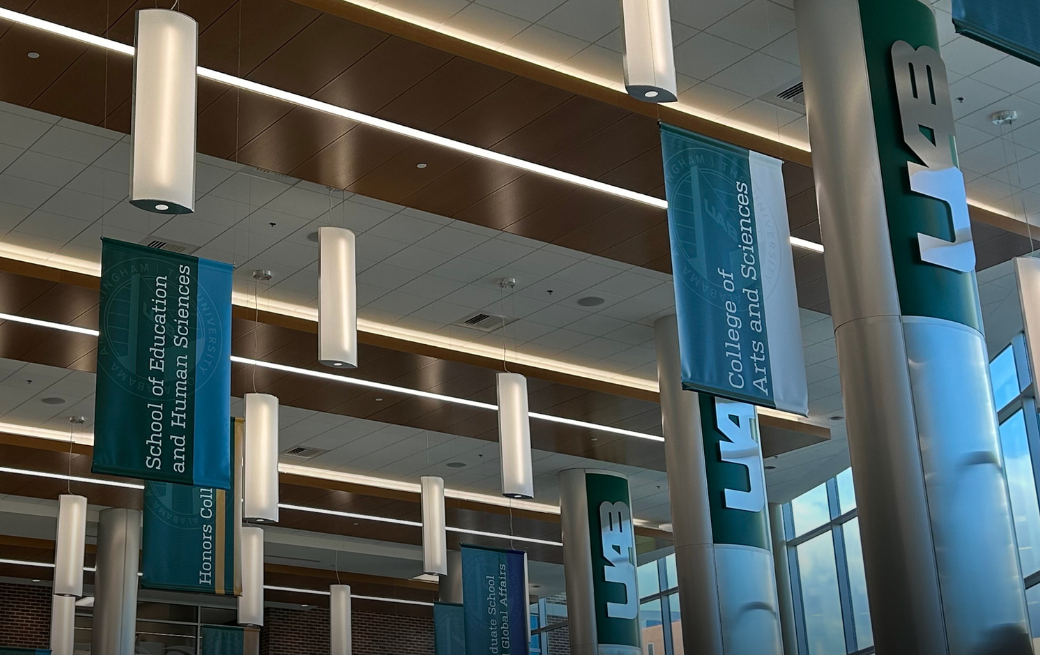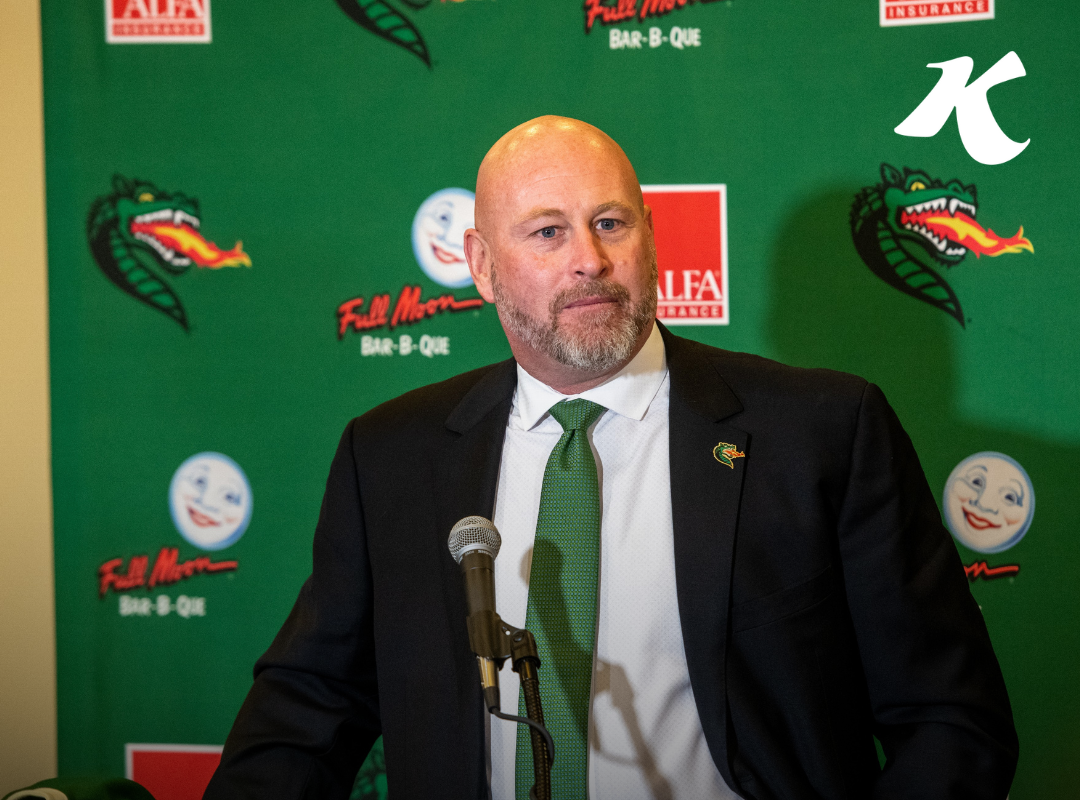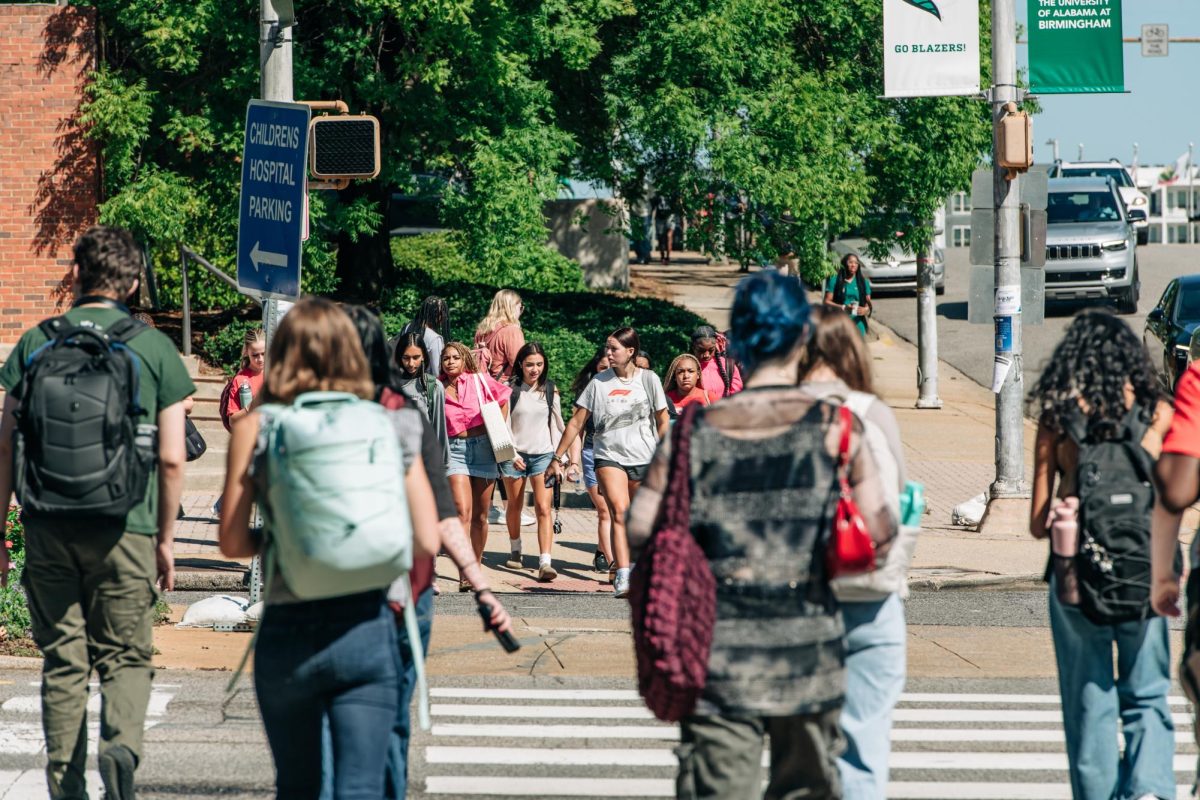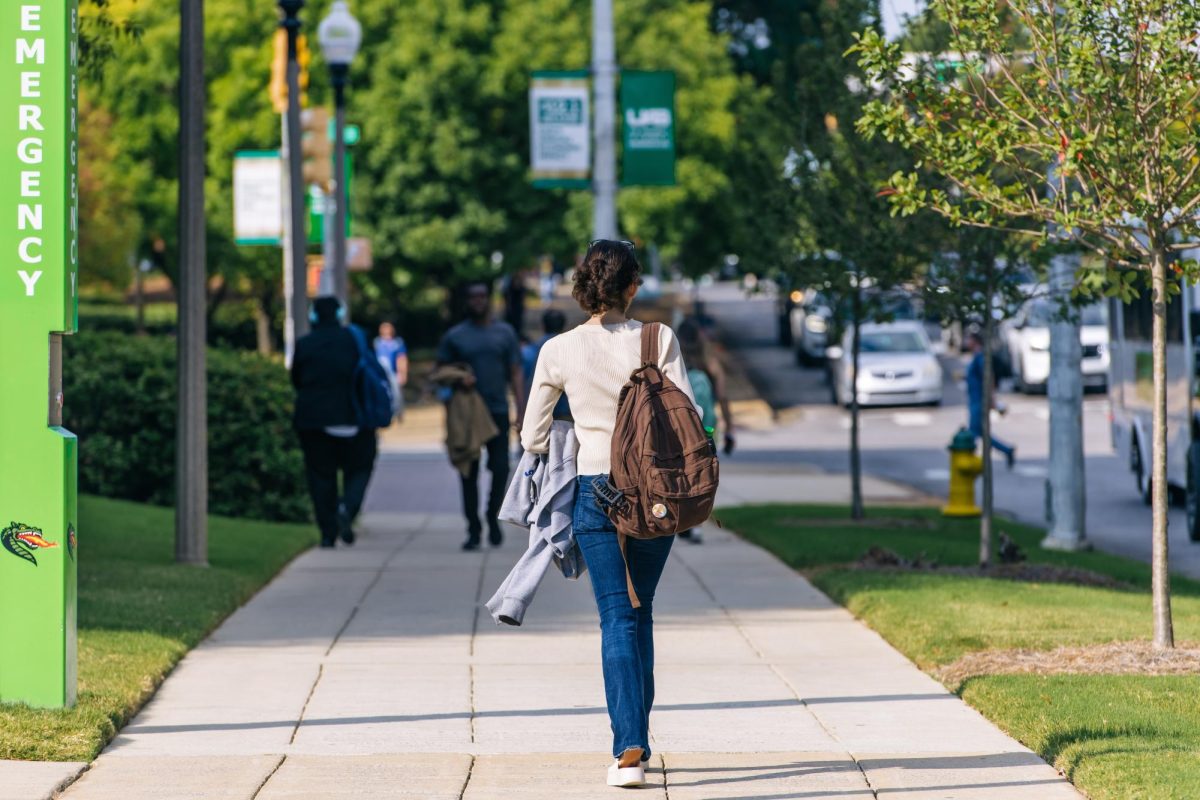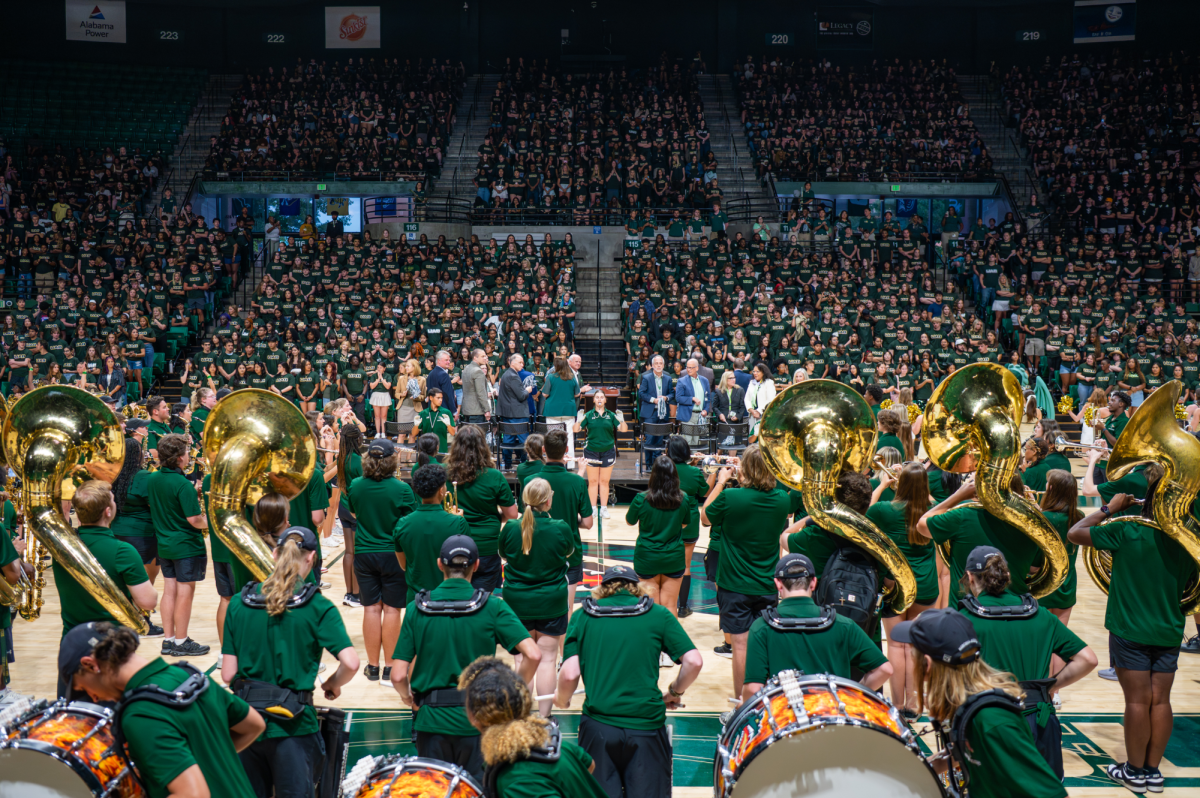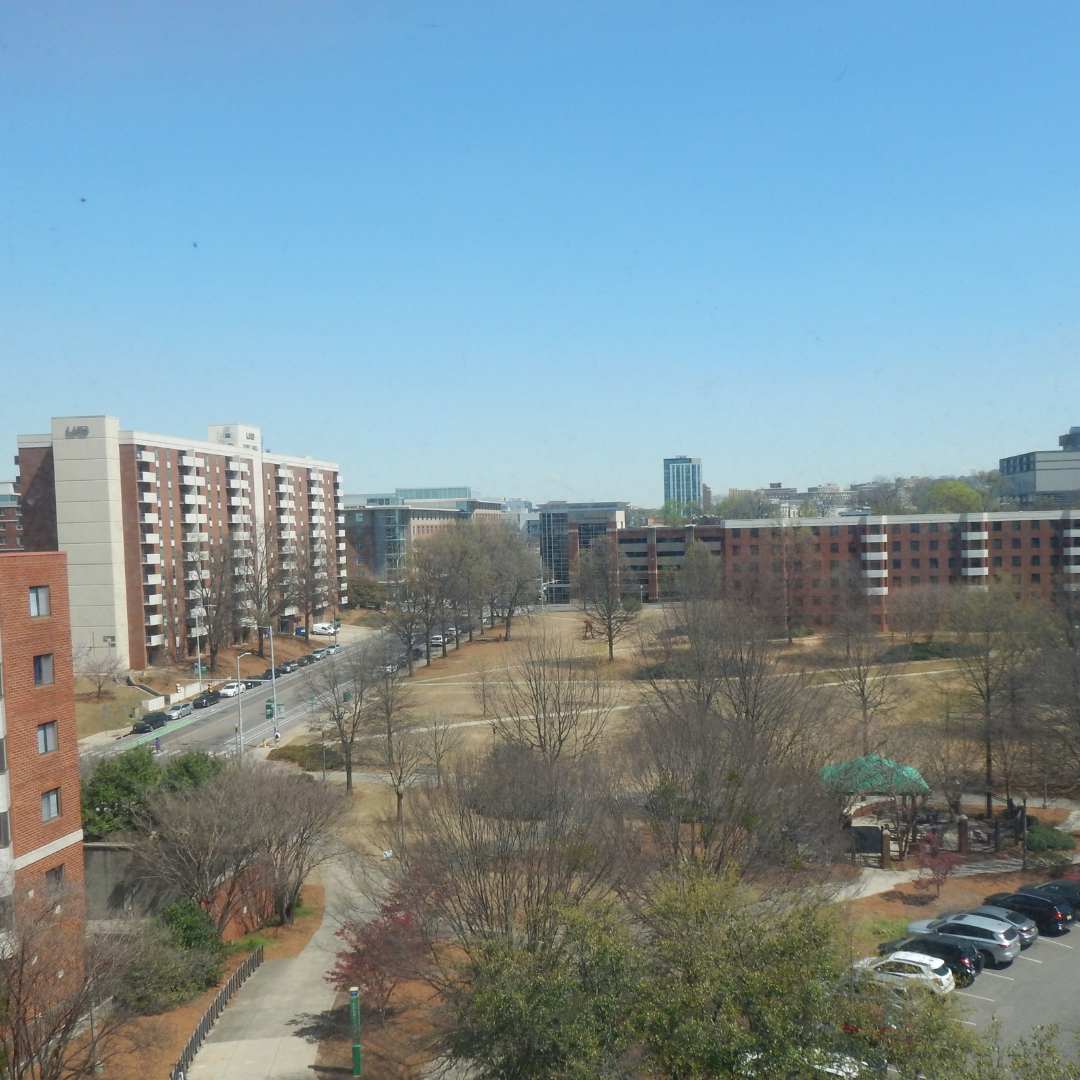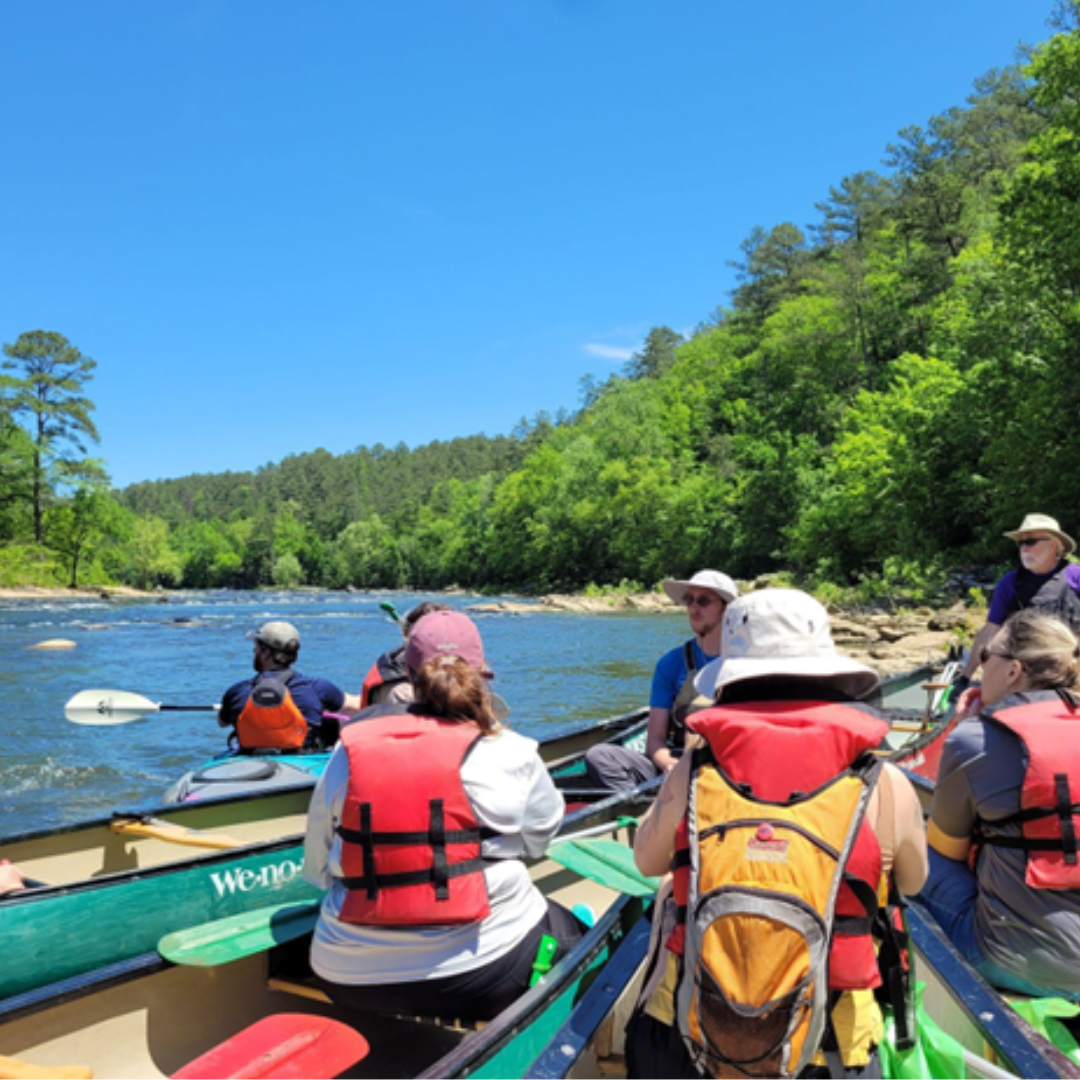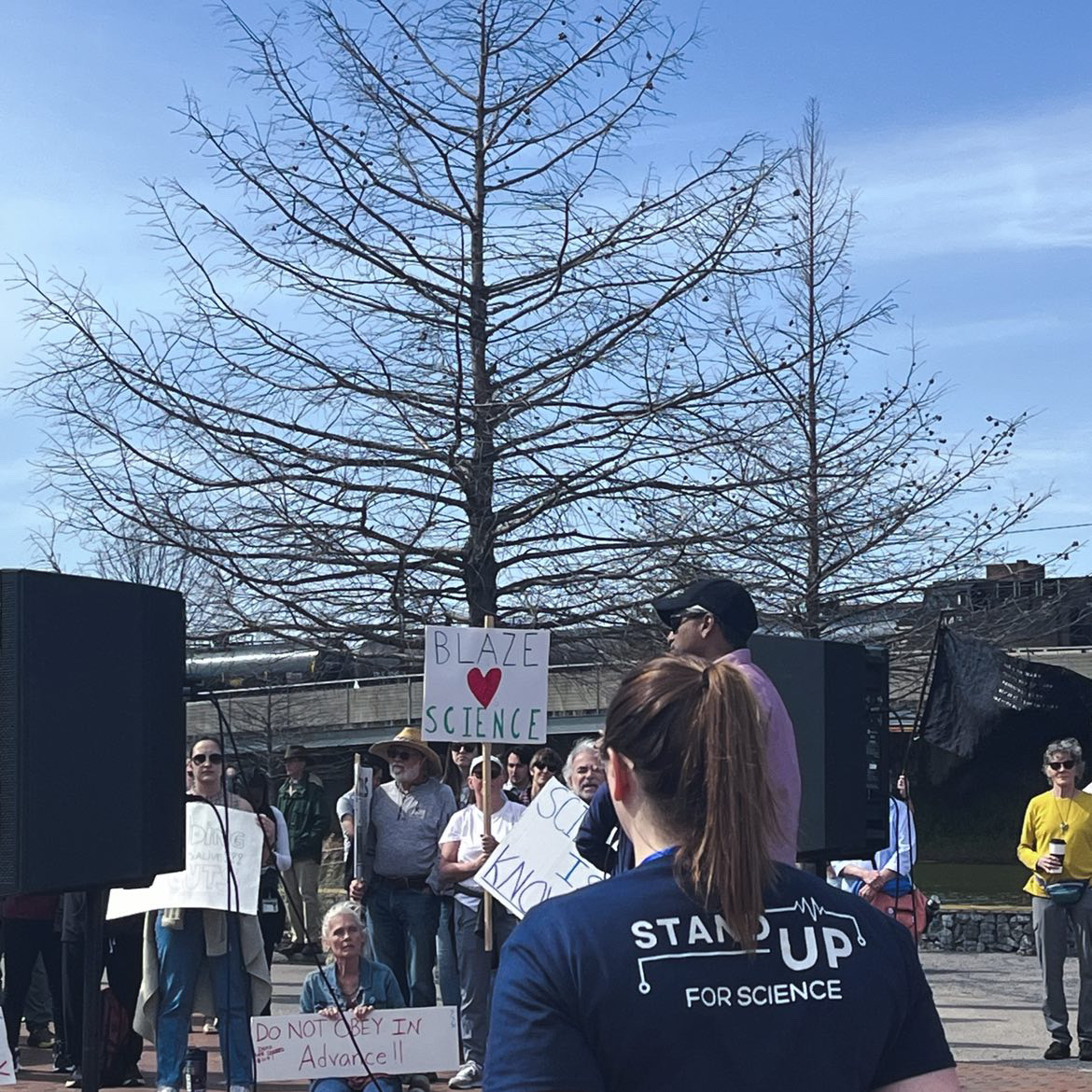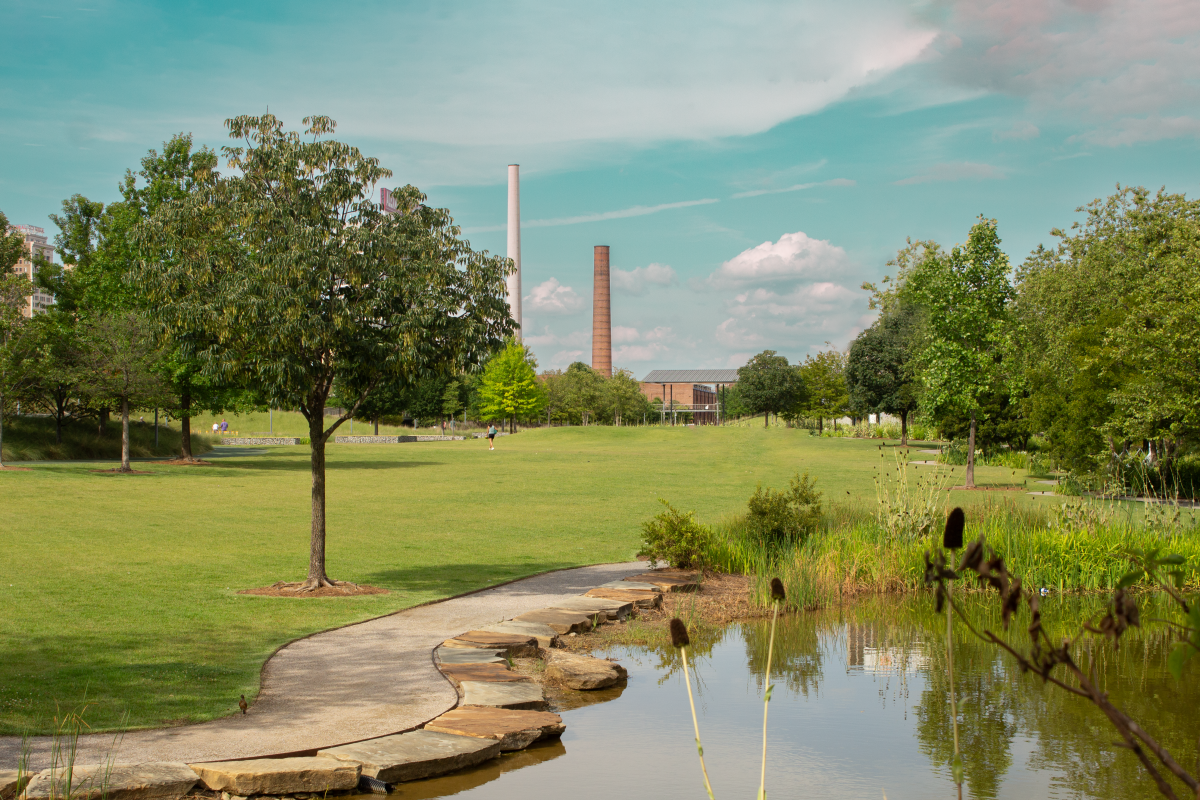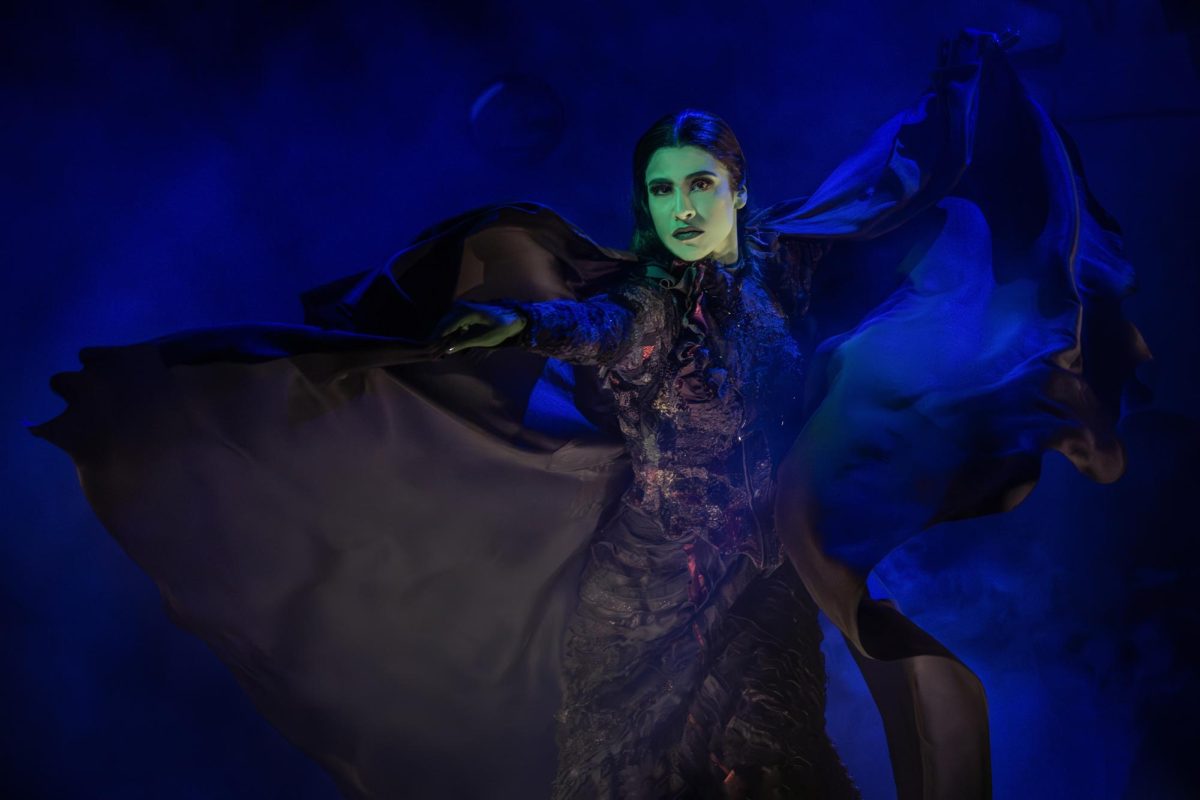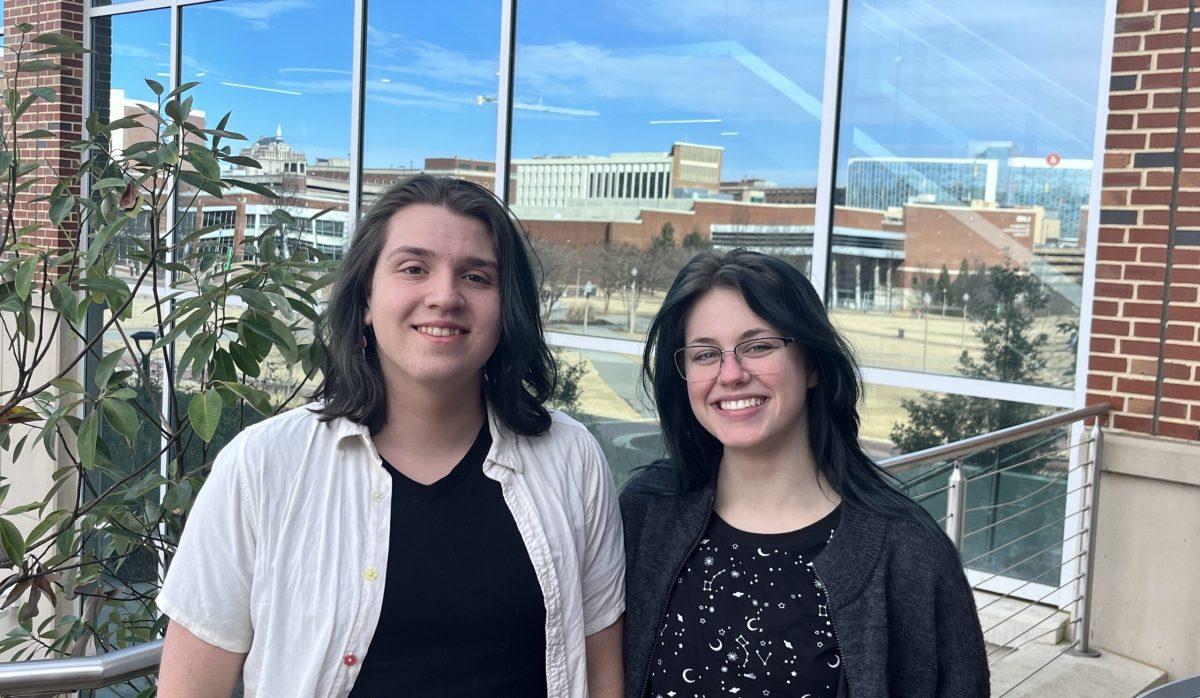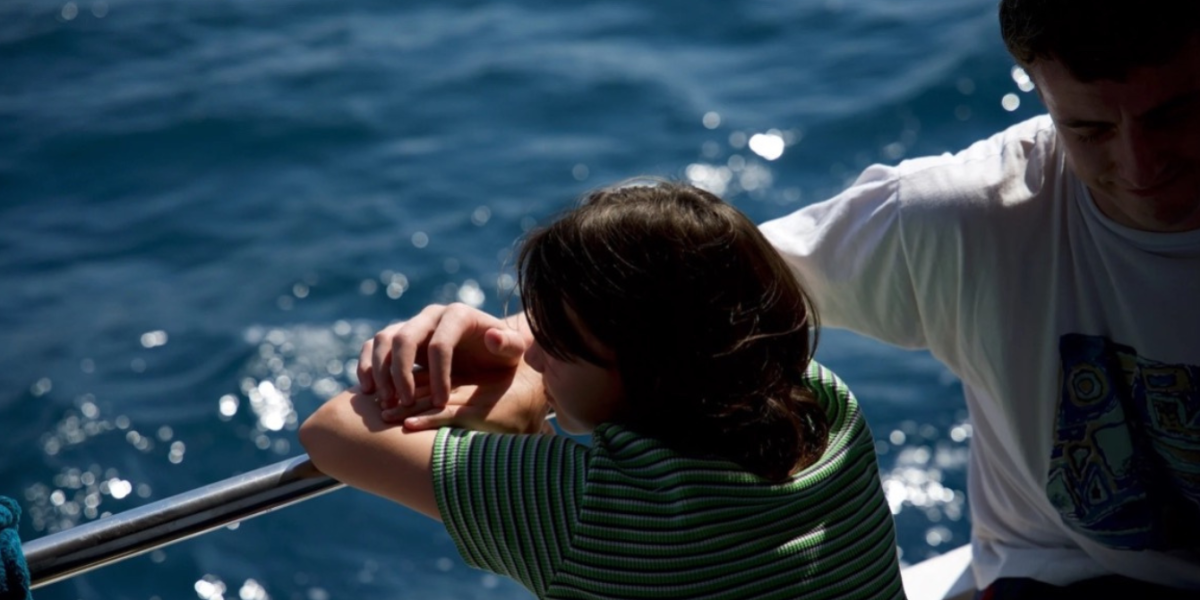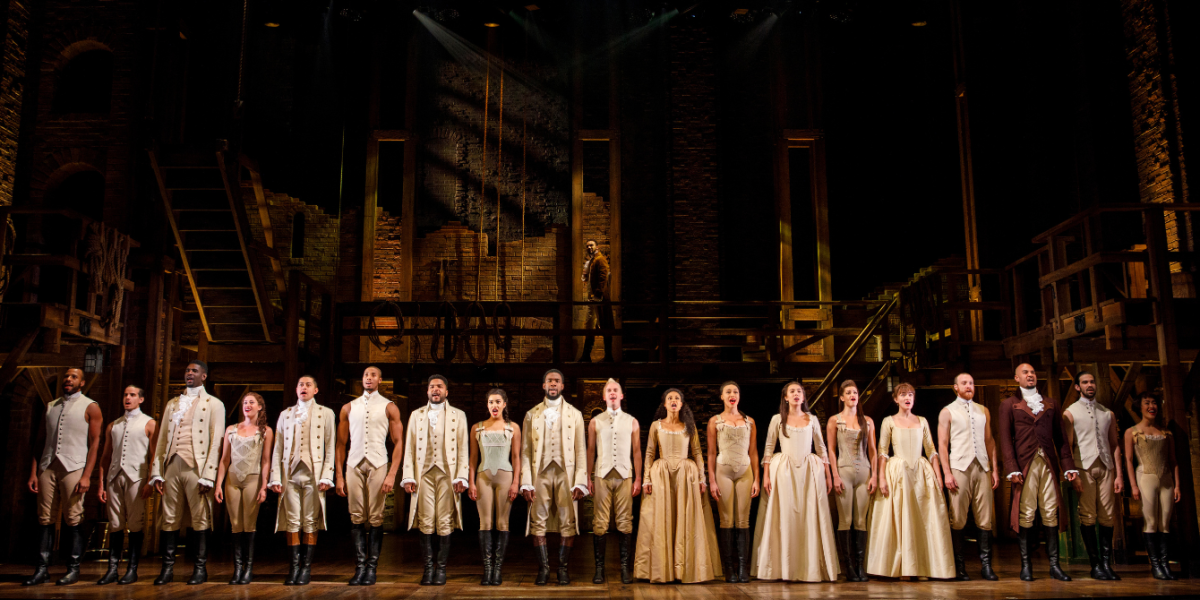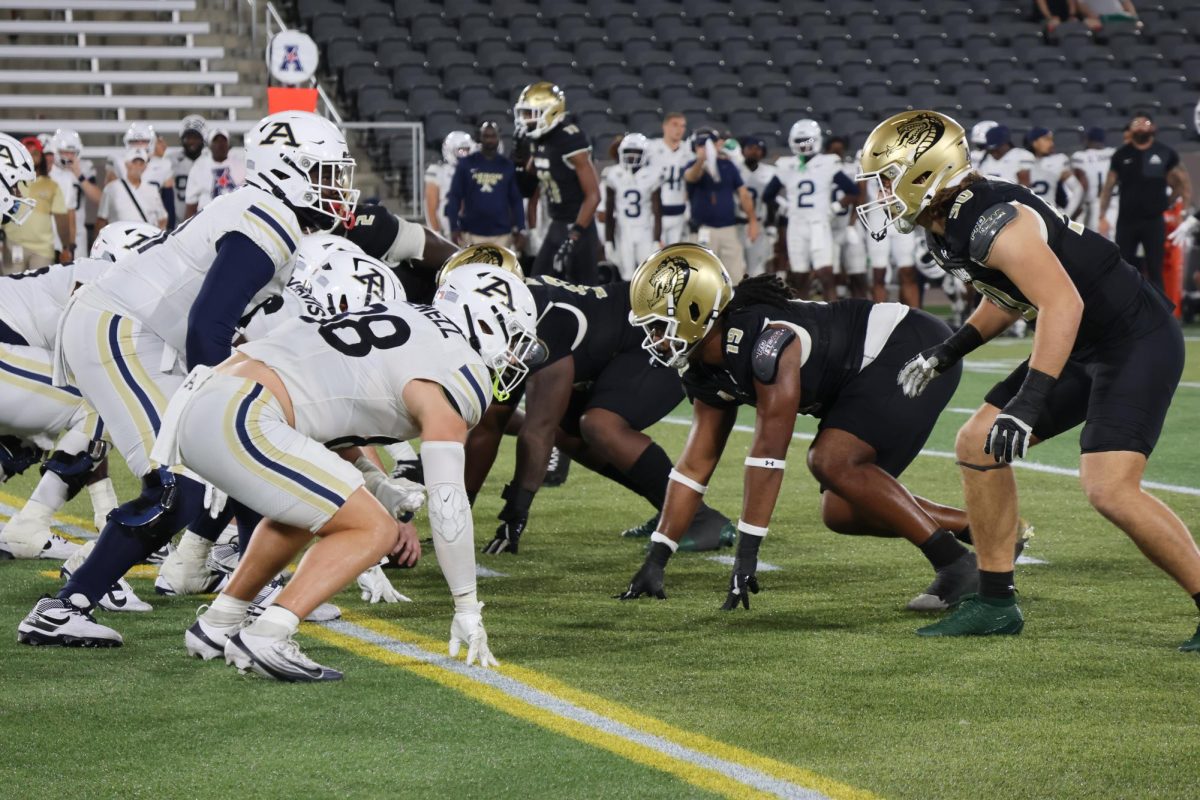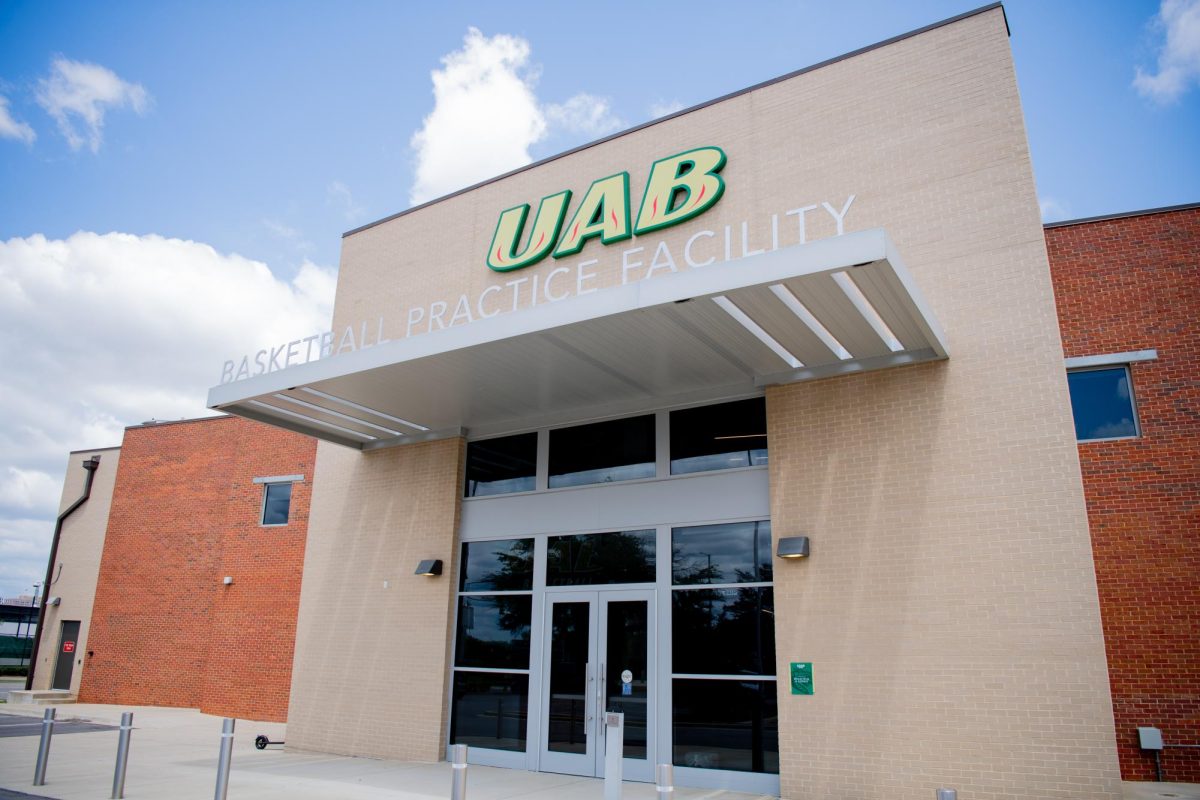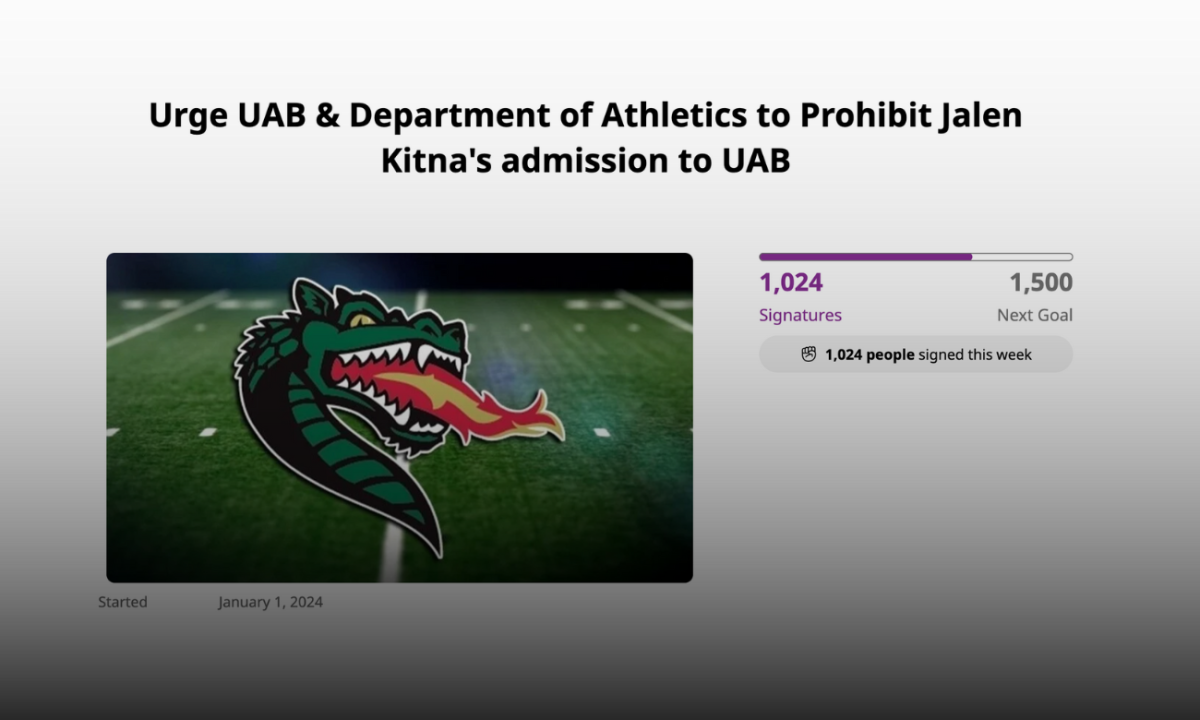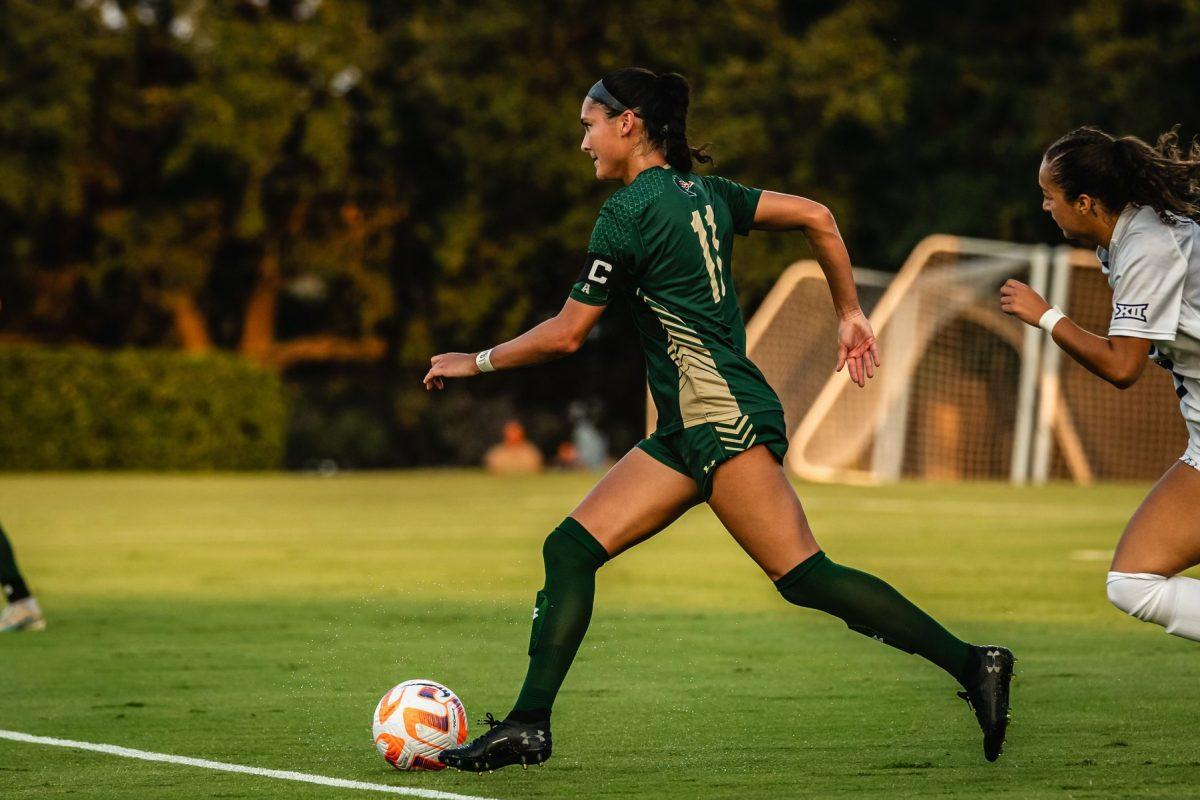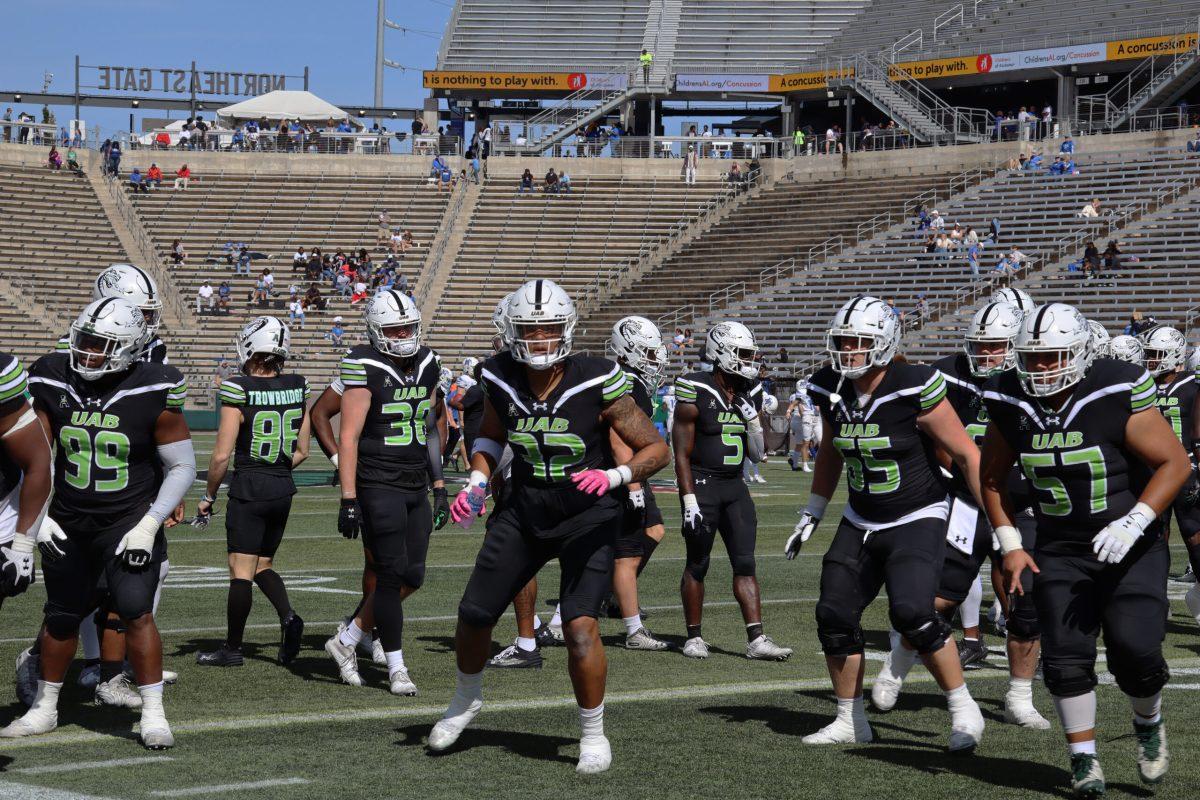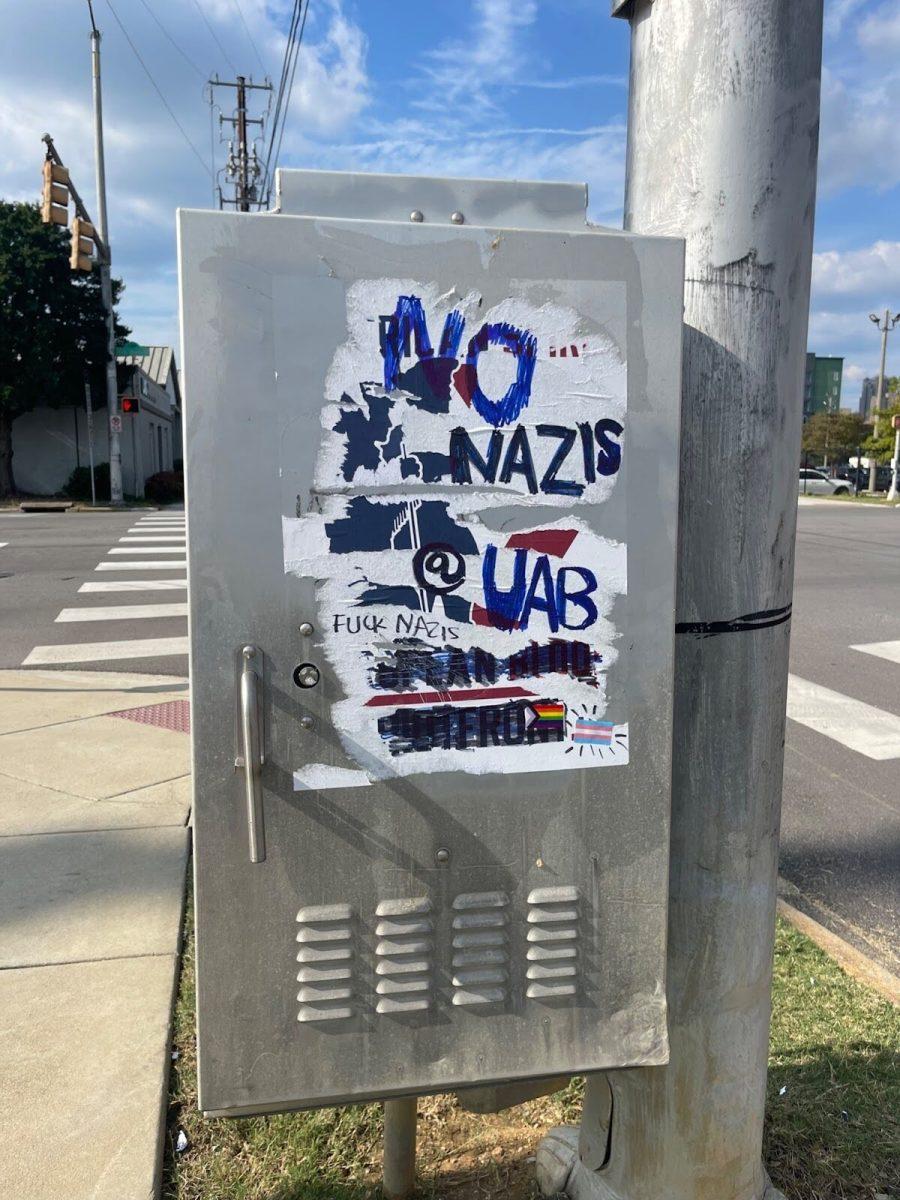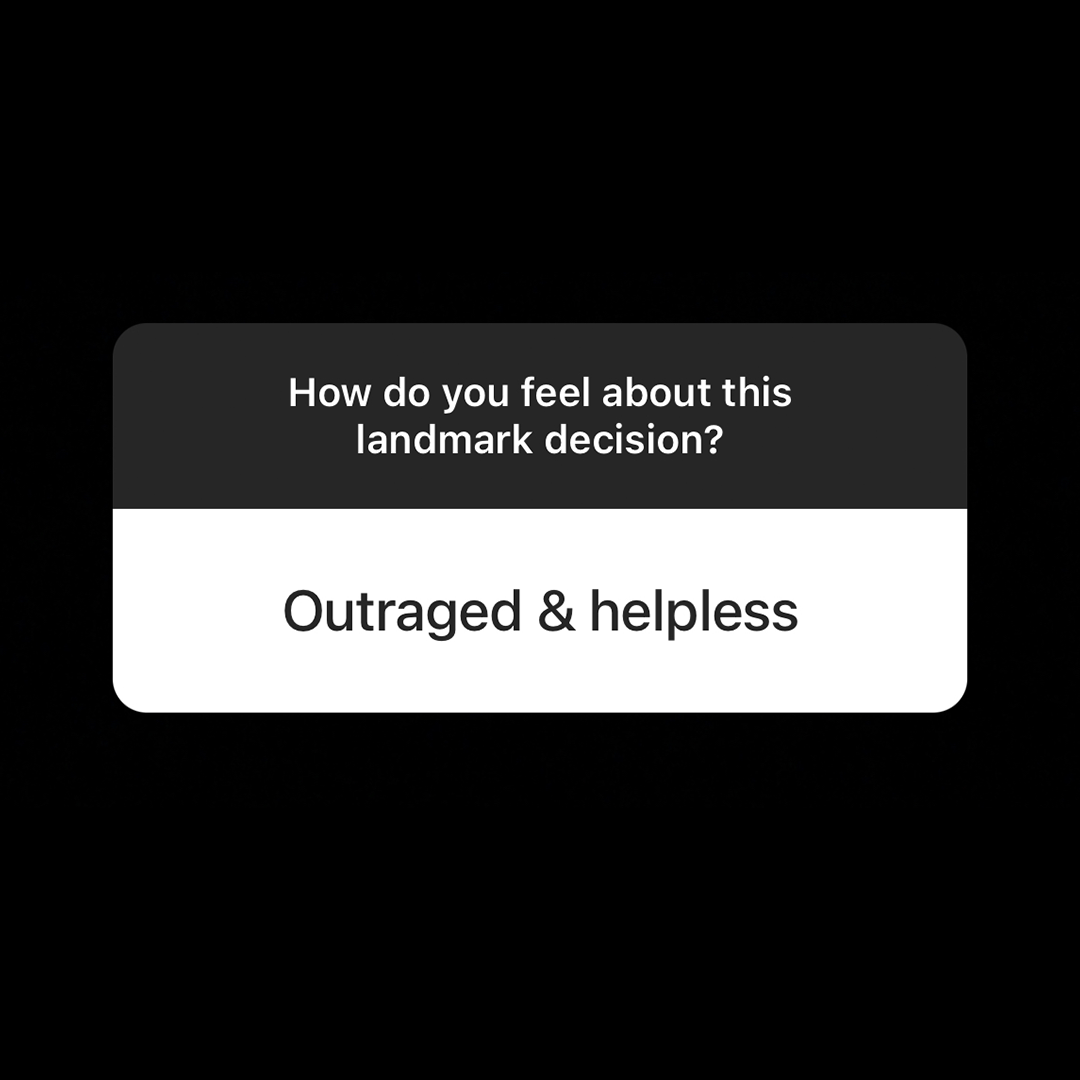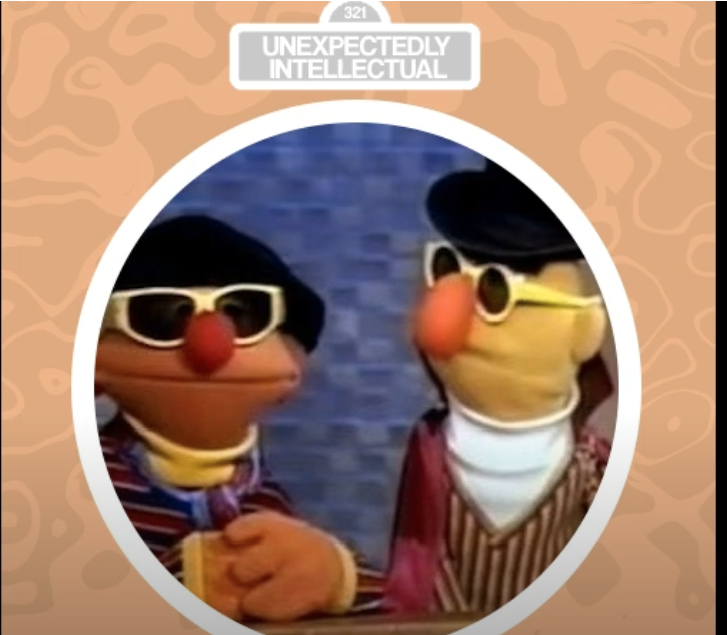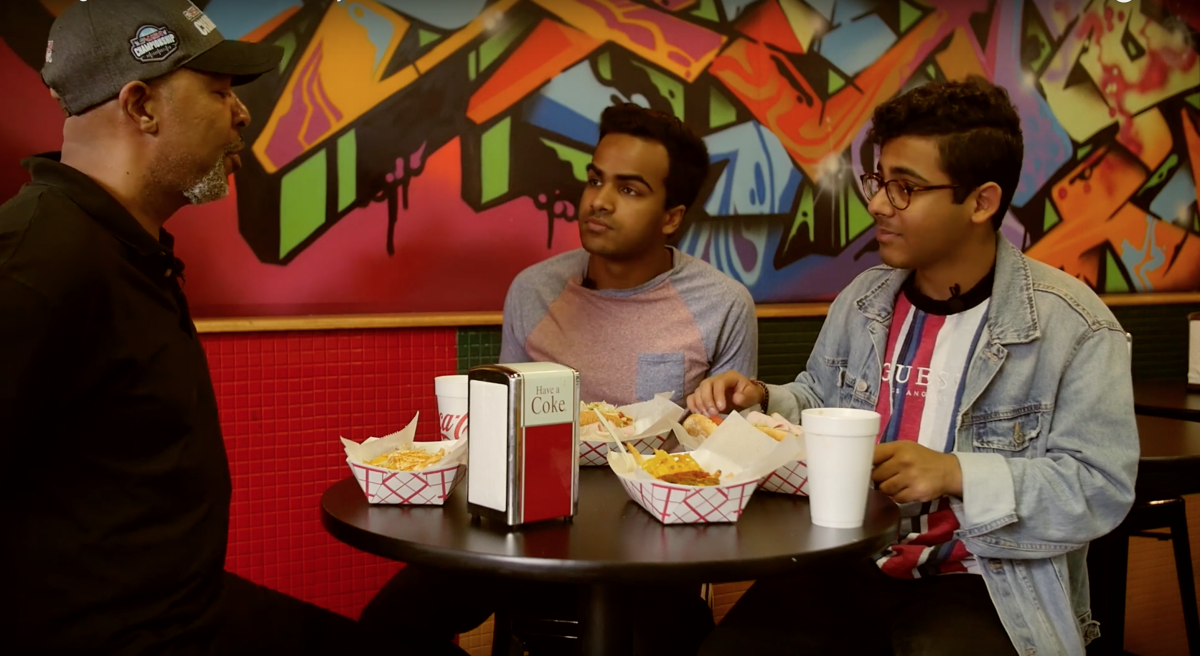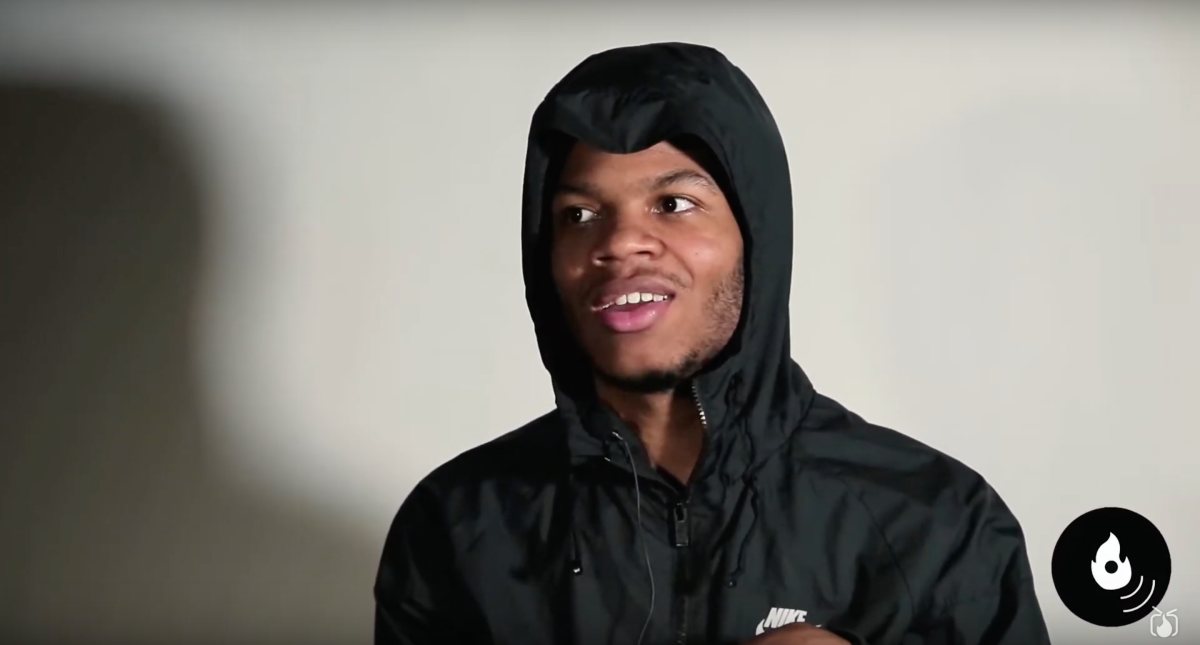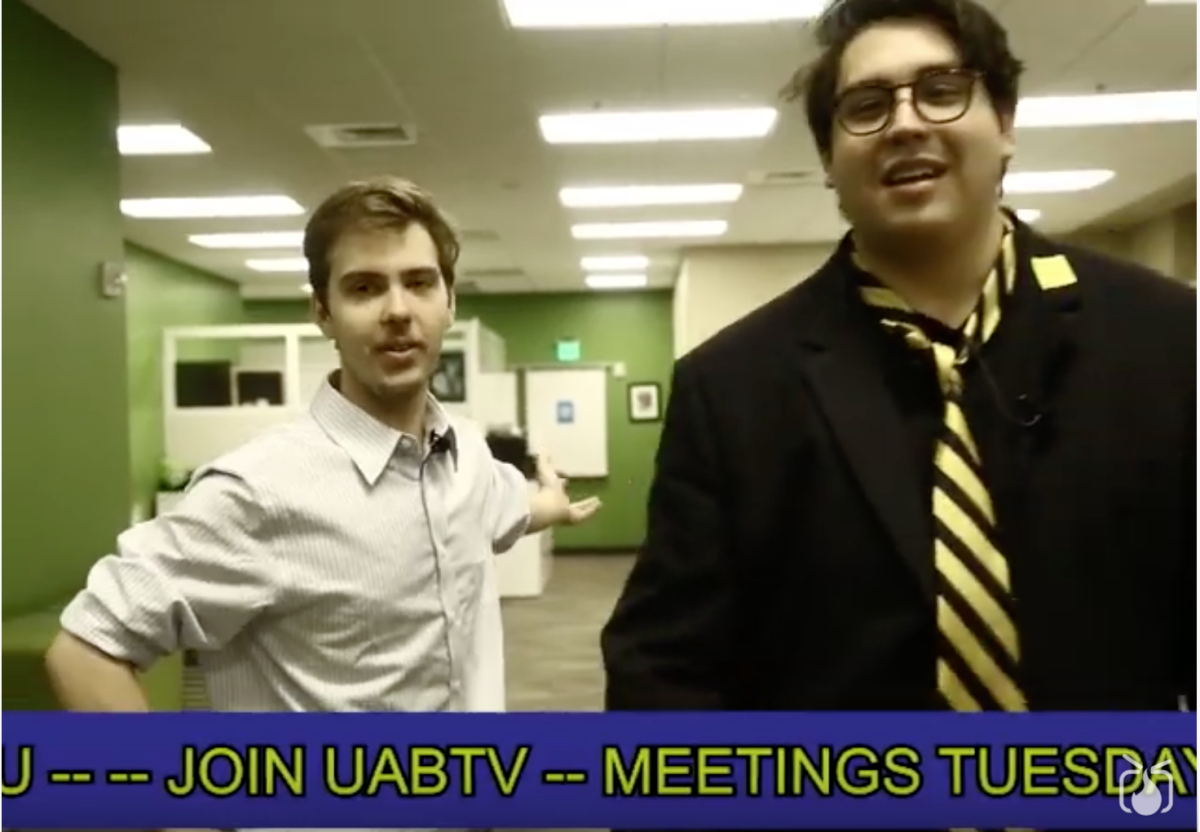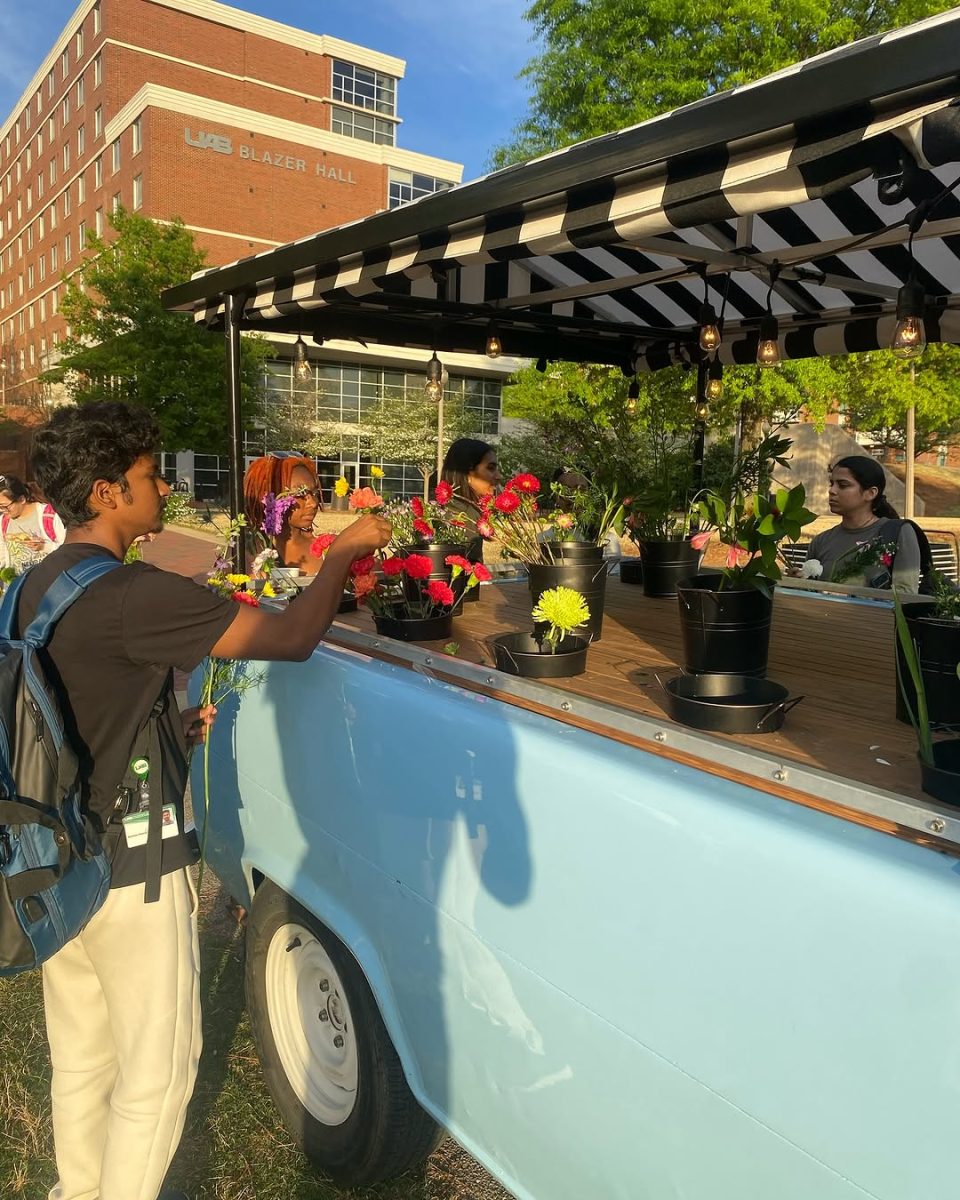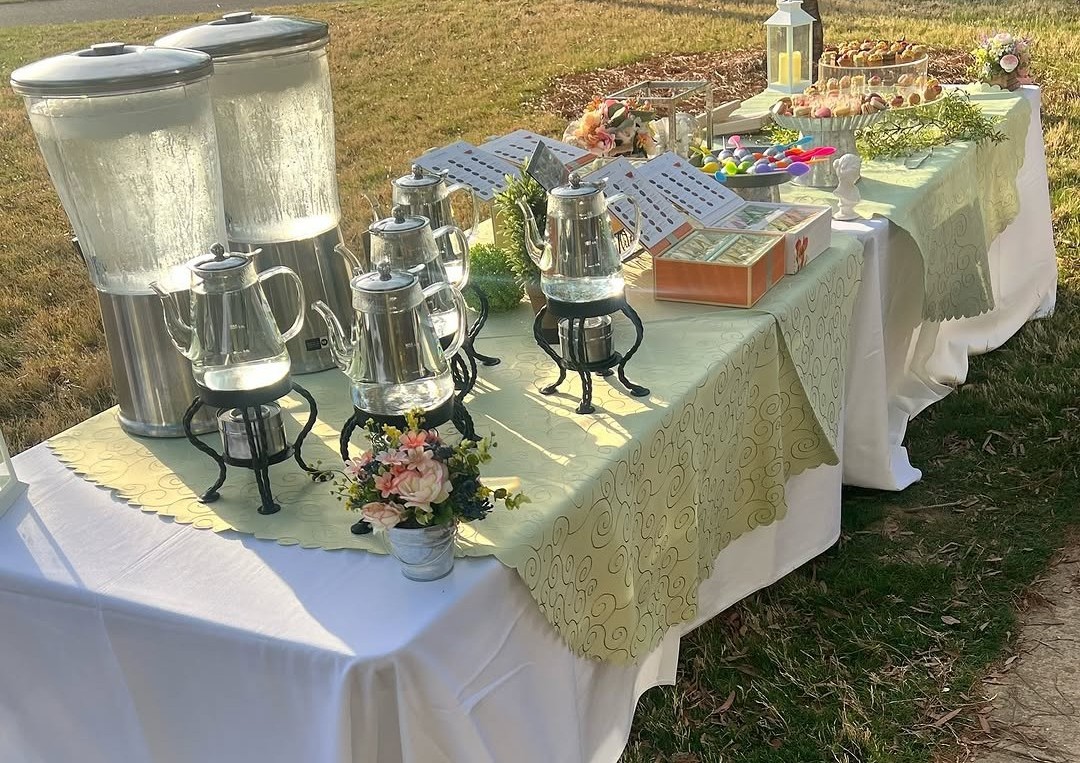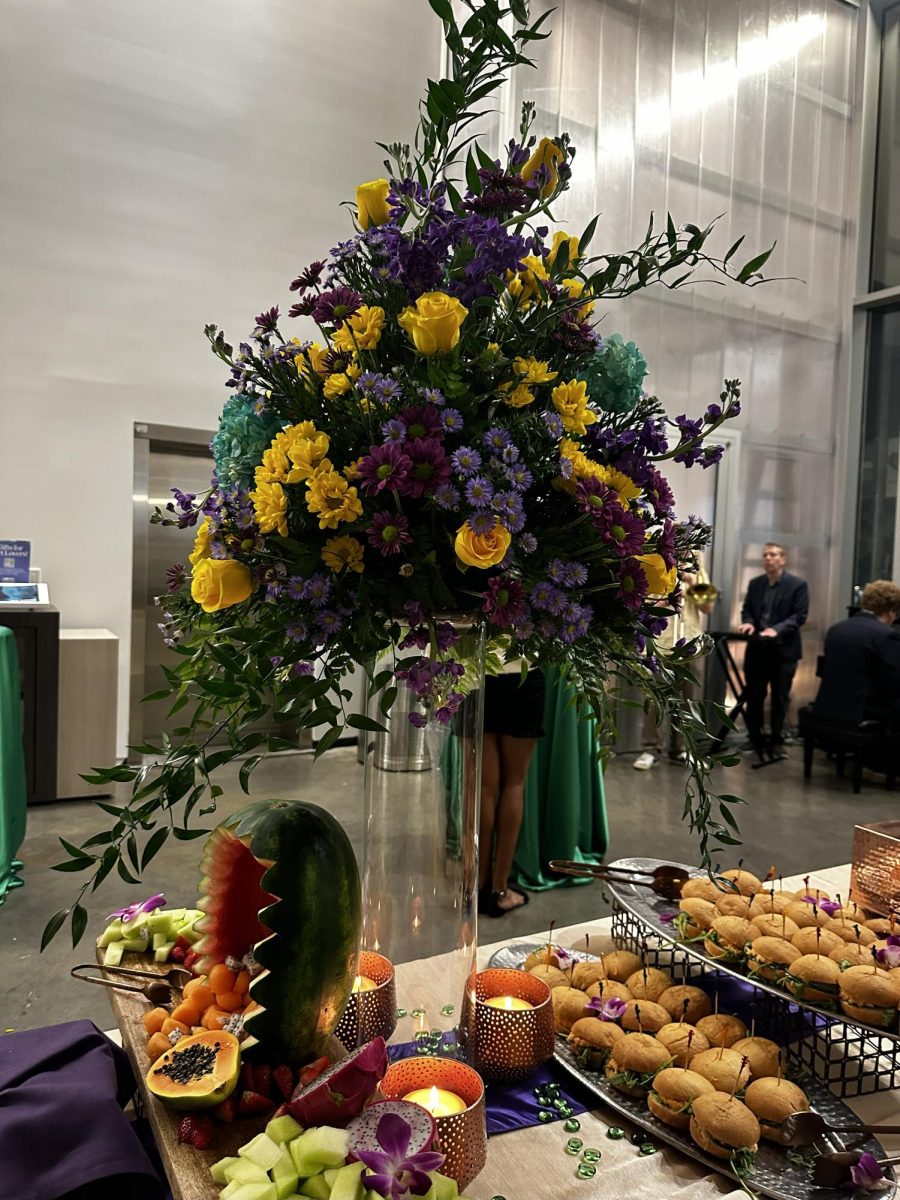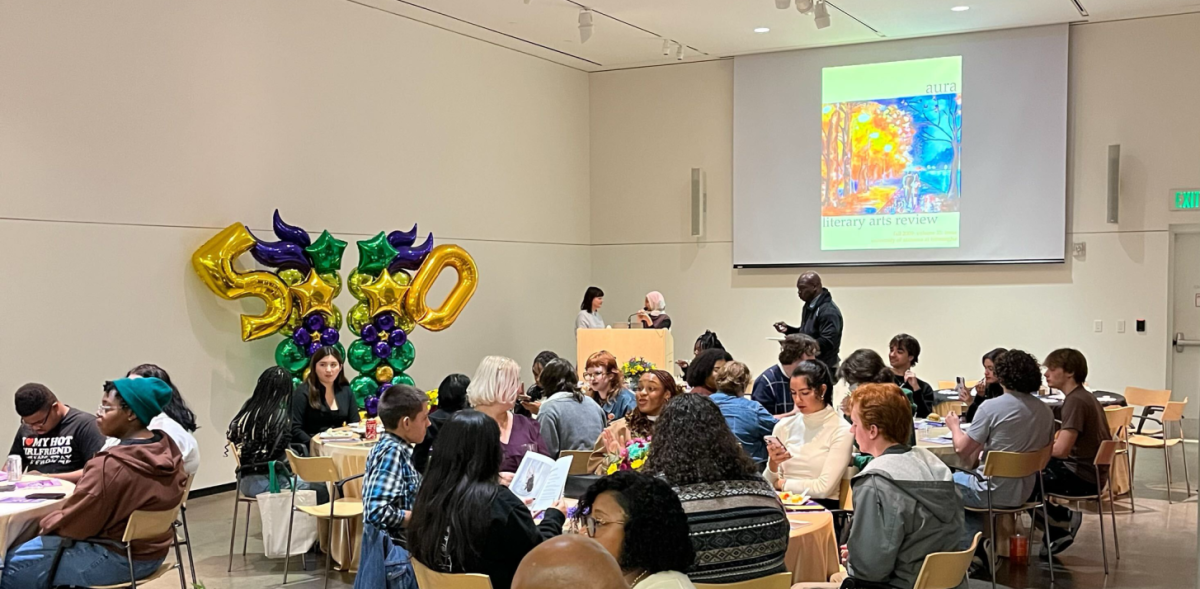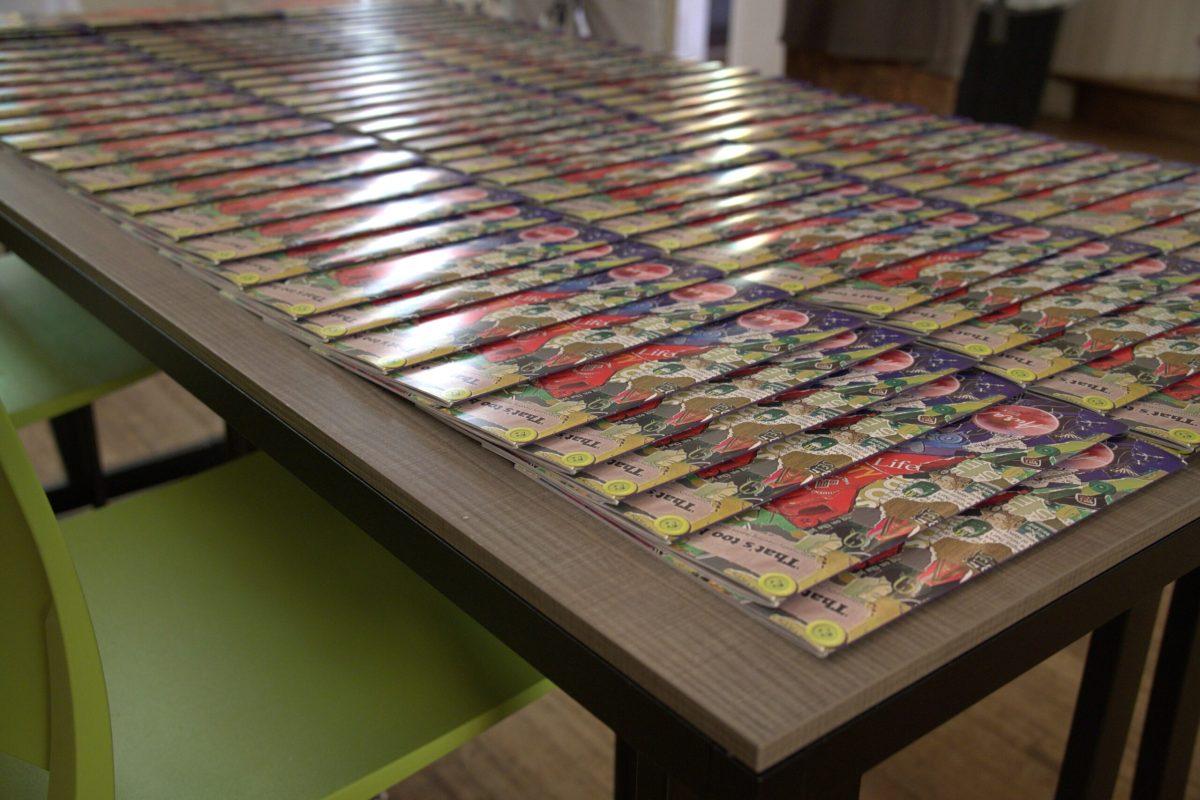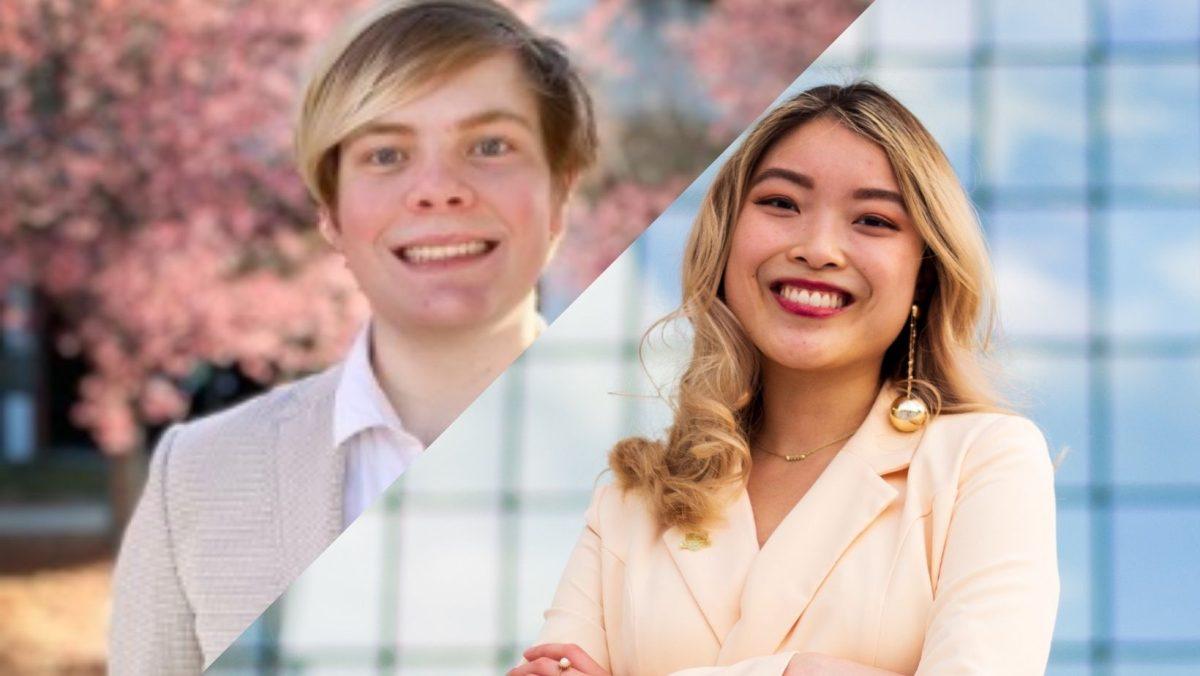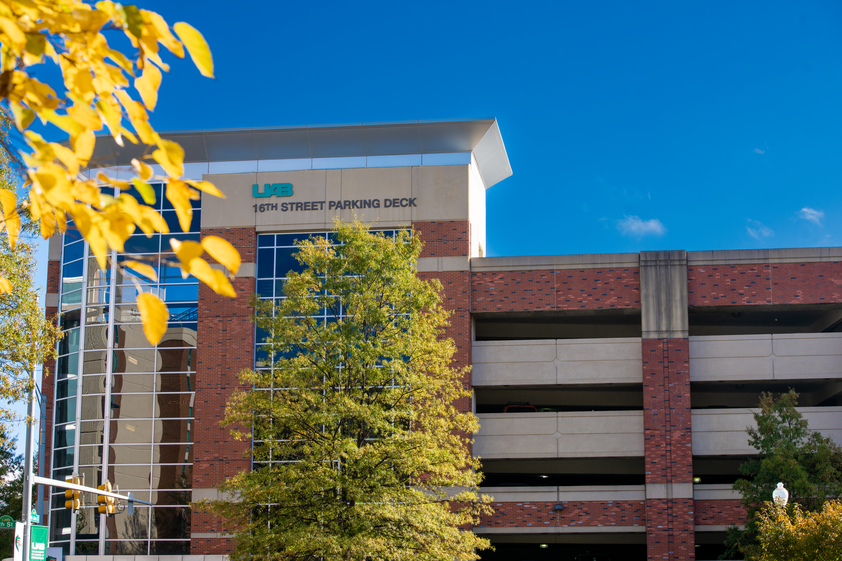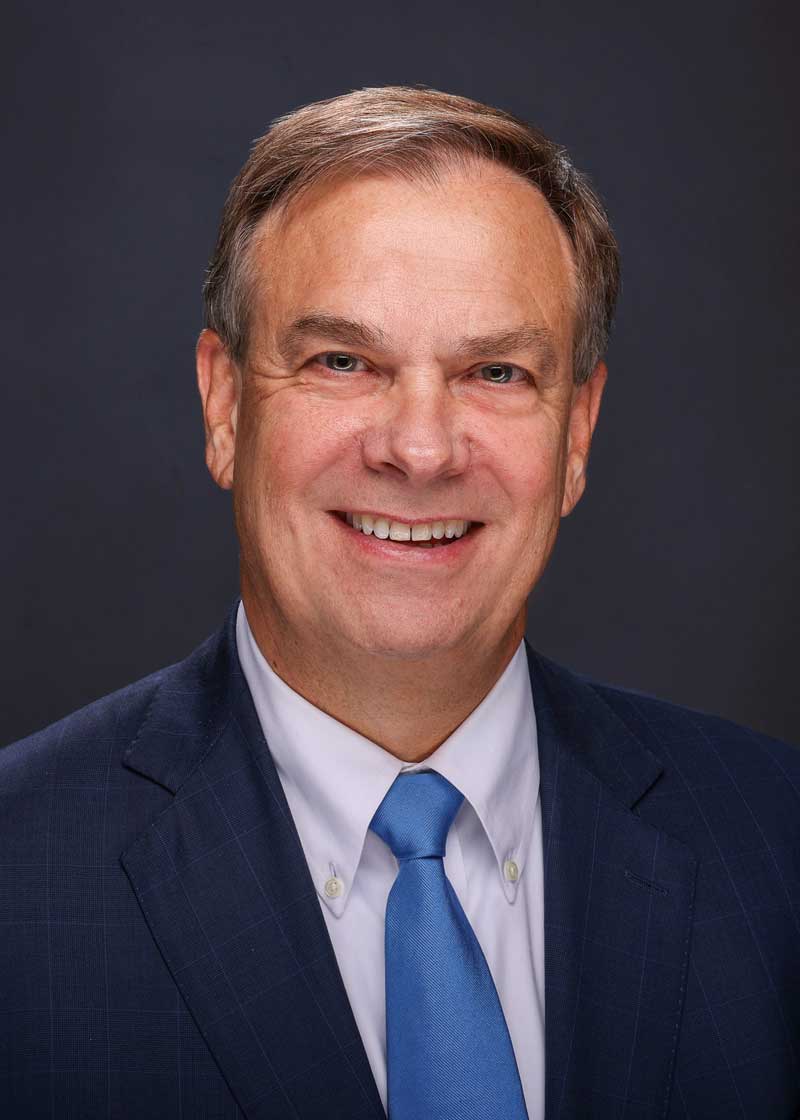Angela Lee and Davis Gustafson are the newly elected Undergraduate Student Government Association president and executive vice president, respectively, for 2021–2022. Both said they want to improve USGA and the split ticket should not pose a barrier to improving students’ experiences.
Lee, a junior majoring in chemistry, said she ran for president because being a part of USGA for two years made her realize that there is an opportunity to grow the organization every year.
“There’s always a continuous process of seeing what one administration does and knowing that you can better it,” Lee said.
Lee said that although she is unsure what the transition from EVP to president will look like, it won’t be a barrier. “It’s a learning process. You don’t truly understand the position that you’re in unless you experience it.”
Gustafson, a sophomore majoring in industrial distribution, said he decided to run for executive vice president because he did not believe that the Executive Council was listening to students, specifically the senate. The catalyst for him was the protester that came to campus and the delayed response to it from the Executive Council, even after senate members asked them to post something to alleviate student concerns.
“When Executive Council finally said something, the president made a video that he had, and it was just like he was reading off a screen, and you could tell that the effort was not there,” Gustafson said.
From his experience in the senate, Gustafson said he couldn’t accomplish all he intended due to the wants of the executive council.
“For Collat (School of Business) , we have been meeting with the dean monthly and doing stuff, but it feels like we could be doing a lot more for the student body, and Executive Council doesn’t want senate to be doing that.”
Lee said her platform is centered around improving the experiences of students.
“I think that’s what each USGA administration should focus on, is how we can better the resources and connection between the students,” she said.
To this end, Lee said she has plans to develop a platform where students can anonymously send questions to USGA and campus departments. USGA will then filter the topics and questions to post an FAQ.
Lee also said she will do more outreach with registered student organizations because she doesn’t expect all students to be affiliated with and invested in USGA. She said she will create a “leadership senate roundtable” for RSO leaders to discuss campus issues each semester to achieve more interaction.
To address the challenge in outreach to RSOs that do not already have a collaboration with USGA, Lee said she wants to build a Division of Student Issues.
“Within that division, we would have different coordinators who would reach out to RSOs and establish that connection, establish that trust that will keep building,” Lee said. “It really just starts with having members who already have a relationship with the organization that we want to connect with, and then we would go from there.”
Gustafson also said that working with RSOs is a major component to get students’ perspectives on specific USGA initiatives. He said he thinks this outreach will get more individuals interested in USGA and eventually diversify representation in USGA.
“From the outside perspective, it looks like it’s just people in their friend groups. And there are some specific roles in cabinet that — they don’t do anything,” Gustafson said. “It’s very clear that they were friends with the people in charge.”
He said this was the reason he and Peyton Perry, former USGA presidential candidate, ran on including the USGA advisor in the interview process to eliminate bias.
In order to increase transparency, Gustafson said he will have biweekly or weekly newsletters published through email or Instagram so students can see what USGA is doing every week.
Lee and Gustafson both acknowledged the challenges of a split ticket.
“It’s pretty novel of an event to see a split ticket happen just because people run on different platforms, and one may be on a different scope than another,” Lee said. “So, it’s a process and also a challenge of combining those platforms and working together. I think it’s hard with someone you didn’t build a platform with.”
Gustafson said the split ticket shifts the focus to what can be accomplished.
“There are things on the current president’s platform that haven’t happened this year, so even with a unified ticket, things don’t always get done,” Gustafson said. “But then you add the split ticket on top of that, and then it’s two platforms that don’t necessarily go against each other, but it adds on to how much you want to get done versus how much you can get done.”
Gustafson also said this this shouldn’t halt any progress within USGA.
“We are going to have obvious challenges because there are parts of our platforms that don’t necessarily align together,” he said. “But I feel like we can get through it just because — if the students want something and the students need it. Hopefully, it will get done whether specifically we want it. I think the biggest part is looking past our opinions and looking at the students’ voices.”
Lee said what matters is that both of them want change.
“I think since we are both student leaders who want to create change, that should be the primary goal, that we find the common ground and build upon that. So, I would acknowledge that we both are running for change, and we want to create that.”
